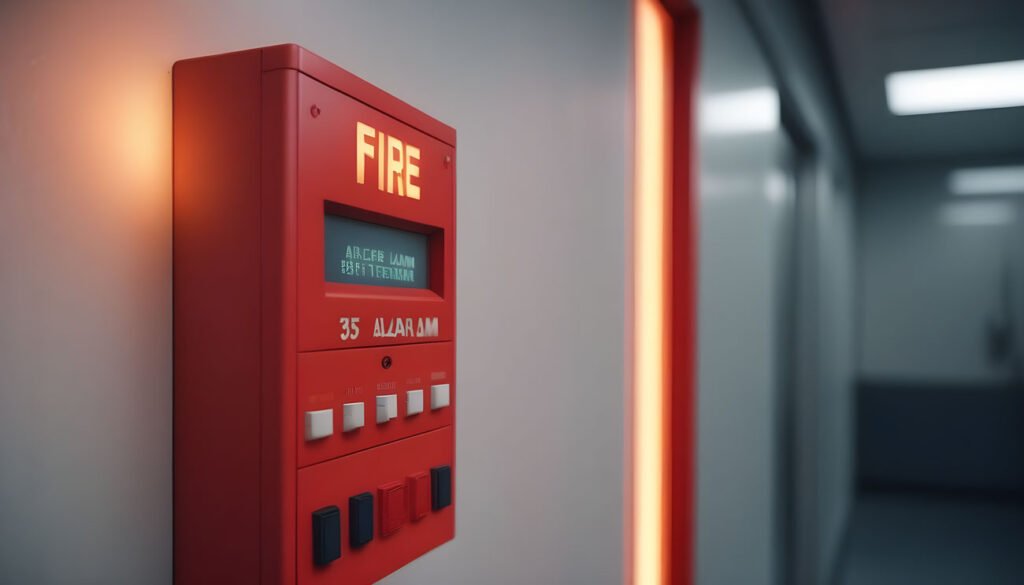
Fire alarms are often the unsung heroes of safety systems in homes, offices, and commercial buildings. While many of us may take these devices for granted, their importance cannot be overstated. A properly functioning fire alarm can be the difference between a minor incident and a devastating disaster. In this post, we’ll explore why fire alarms are essential for every building and the critical role they play in protecting lives and property.
1. Early Detection Saves Lives
The most crucial function of a fire alarm is early detection. When a fire breaks out, every second counts. Fire alarms are designed to detect the presence of smoke, heat, or flames and immediately alert occupants to the danger. This early warning provides precious time for people to evacuate the building safely, significantly reducing the risk of injury or death. In many cases, this can mean the difference between life and death, especially in large buildings or those with multiple floors.
2. Prevents Major Property Damage
Fires can cause extensive damage to property, leading to significant financial losses. In Nigeria alone, millions of naira worth of property is lost to fire incidents each year. A fire alarm system can help mitigate these losses by detecting a fire early and triggering a response before the fire spreads. This can limit the extent of the damage, saving valuable assets and reducing the cost of repairs and restoration.
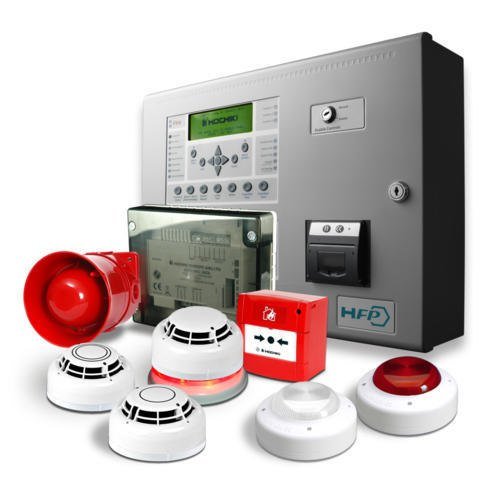
3. Compliance with Safety Regulations
In many regions, fire alarms are not just recommended—they’re required by law. Building codes and safety regulations often mandate the installation of fire alarm systems in residential, commercial, and industrial buildings. Compliance with these regulations is not just about avoiding fines; it’s about ensuring the safety of everyone who occupies or visits the building. Regular maintenance and testing of fire alarms are also necessary to meet these legal requirements and ensure the system functions correctly when needed.
4. Peace of Mind
Knowing that a reliable fire alarm system is in place provides peace of mind to building occupants, property owners, and managers. This sense of security is invaluable, especially in environments where many people gather, such as schools, hospitals, and shopping centers. Fire alarms help create a safer environment by constantly monitoring for potential fire hazards and alerting everyone to any dangers.
5. Facilitates Faster Emergency Response
When a fire alarm is triggered, it not only alerts the occupants but also notifies emergency services. Modern fire alarm systems can be integrated with monitoring services that immediately contact the fire department when an alarm goes off. This rapid notification can lead to a quicker response from firefighters, which can be crucial in controlling and extinguishing a fire before it becomes unmanageable.
6. Protects Vulnerable Individuals
Certain individuals, such as the elderly, young children, or those with disabilities, may be at greater risk during a fire. Fire alarms are particularly important in buildings that house vulnerable populations, such as nursing homes, hospitals, and schools. The early warning provided by a fire alarm system allows caregivers and staff to assist these individuals in evacuating safely, ensuring their protection in an emergency.
7. Cost-Effective Safety Measure
Investing in a fire alarm system is one of the most cost-effective ways to protect a building and its occupants. The initial cost of installing fire alarms is relatively low compared to the potential losses from a fire. Additionally, insurance companies often offer lower premiums for buildings equipped with comprehensive fire alarm systems, providing long-term financial benefits.
Conclusion
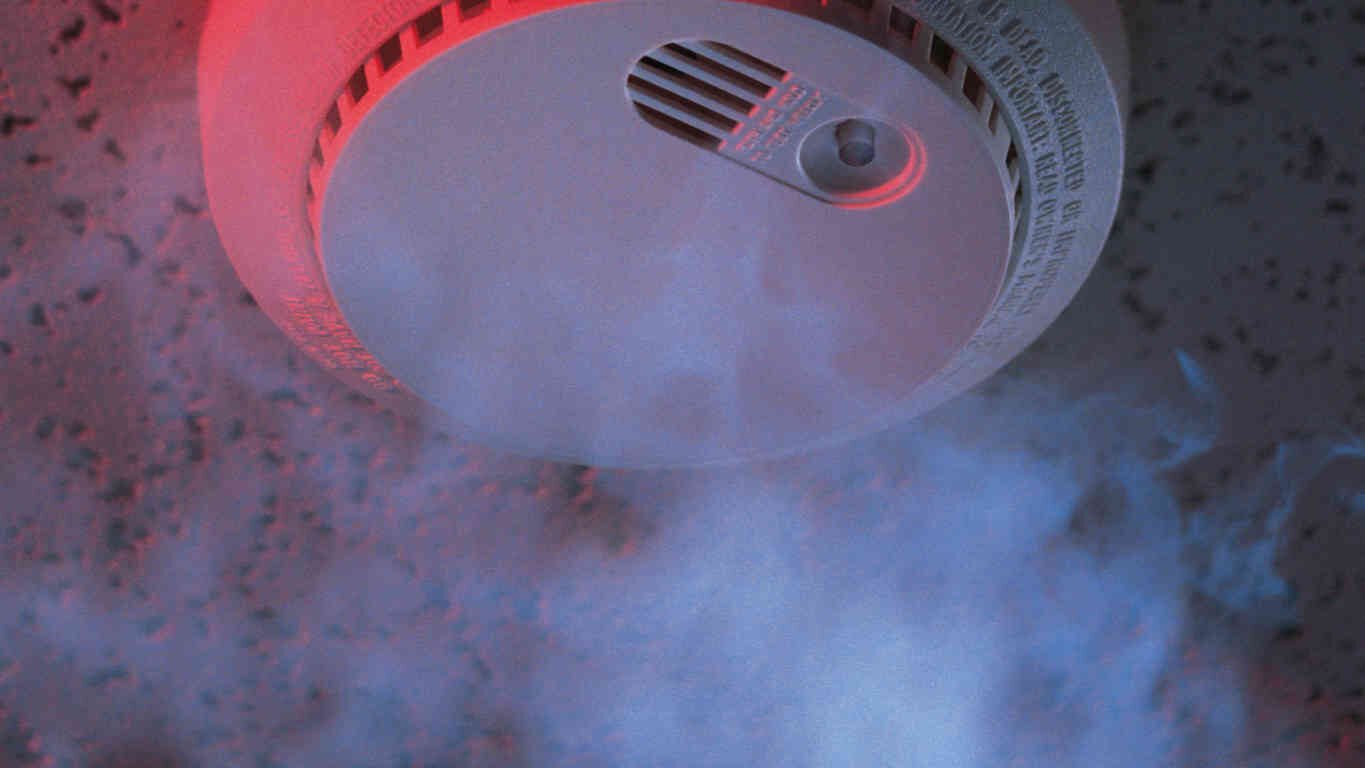
Fire alarms are a critical component of any building’s safety infrastructure. They provide early detection of fire hazards, protect lives and property, ensure compliance with safety regulations, and offer peace of mind. Whether you’re a homeowner, business owner, or property manager, installing and maintaining a reliable fire alarm system is an investment in safety that you can’t afford to overlook.



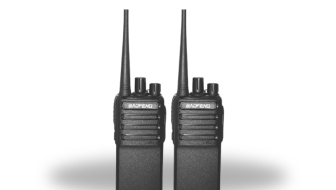
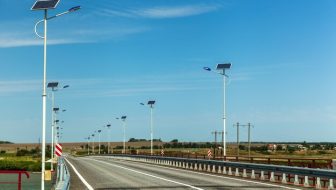


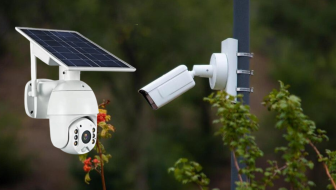

Leave a Reply